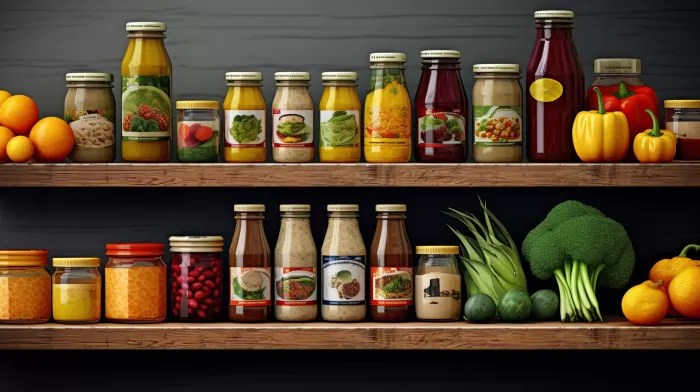It is estimated that 70 percent of foods found in grocery stores may contain bioengineered GMO (genetically modified organism) ingredients, meaning the genetic material of these foods has been altered by inserting foreign DNA from other plants, animals, or even chemical pesticides. Consequently, this process significantly changes the plant or animal genome from what nature intended. Despite this, we know very little about the long-term effects of GMO foods on human and animal health, farming, and the environment. Although preliminary studies show great cause for concern.
It is important to note that in the US, GMOs do not require labeling on packaging. In contrast, Japan, Russia, the European Union, Australia, the Czech Republic, and South Korea have already adopted legislation requiring the labeling of all GMO foods. These governments recognize the importance of giving people the choice regarding whether they consume biotech industry experiments or natural whole foods.
With reputable human studies proving GMO safety virtually non-existent, the independently published in vivo studies that have analyzed the effects of feeding GMO foods to animals, primarily corn, have shown an enhanced risk of reduced fertility, immune dysfunction, organ damage, accelerated aging, allergies, significant changes in the gastrointestinal system and other organs, low birth weight, cancer, and death, among other problems.
In the face of these dangers, there are ways you can help protect yourself against GMO exposure:
- Choose organic: While an organic certification is not completely failsafe protection, selecting organic, non-GMO foods may dramatically reduce your exposure.
-
Support digestion: Some in vivo GMO studies reveal that GMO foods change the gastrointestinal lining, causing an increase in cell proliferation, a precursor to cancer. Reduced digestive enzymes were also observed, as well as increased reactions to non-GMO foods.
Protection can be provided by supplementing your diet with probiotic and prebiotic supplements; the minerals zinc and chromium; digestive enzymes like amylase, protease, and lipase; and herbs like cinnamon, cardamom, pomegranate, ginger, and lesser galangal with other digestive herbs. These ingredients can help improve digestive function, protect against harmful toxins and bacteria, reduce inflammation and food allergies, and support the lining of the digestive tract. Additionally, a potent probiotic and prebiotic supplement is recommended.
- Boost immunity: Immune system issues (and allergies) are some of the first noticeable problems caused by GMO foods. There are various ways you can train immunity to respond better to allergens, microbes, and foreign invaders. Medicinal mushrooms are an excellent choice as they help train immune cells to function better and also reduce inflammation, detoxify the body, support digestion, and protect against cancer.
-
Protect DNA with antioxidants: As antioxidants are vital allies in protecting against DNA damage, repairing cells, reducing inflammation, and fighting against abnormal cellular growth, top sources include vitamin A, C, E, Selenium, Glutathione, CoQ10, resveratrol, alpha lipoic acid, honokiol, and sea buckthorn, among others.
-
Protect organs and tissues with Modified Citrus Pectin (MCP): MCP works by regulating inflammation and fibrosis-related organ damage. Furthermore, it has been proven in multiple studies to fight cancer growth and metastasis, reduce heavy metals and boost immunity. As GMO foods have been demonstrated to cause mutations related to abnormal cellular growth, organ damage, and cancer, MCP can help prevent these changes. As it is also a powerful immune booster and helps detoxify the body, MCP may be crucial in protecting against GMOs.
With governments in other countries successfully fighting against GMO deception, as more scientists and activist groups raise concerns about the looming dangers of biotech experiments, it is hoped that we can become better educated about the real risks and take the necessary steps to protect our health, the health of our children, and the environment before it becomes too late.



